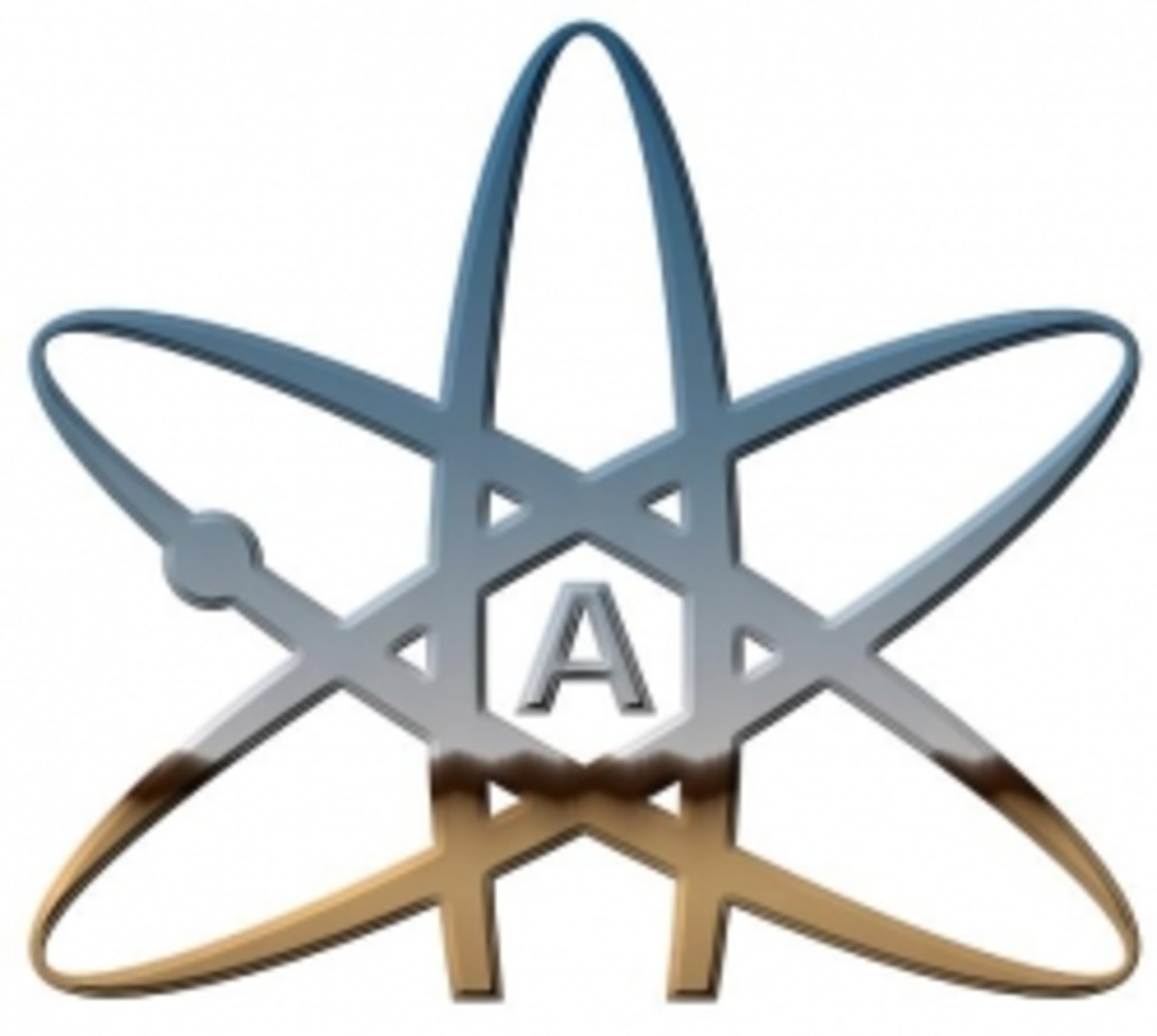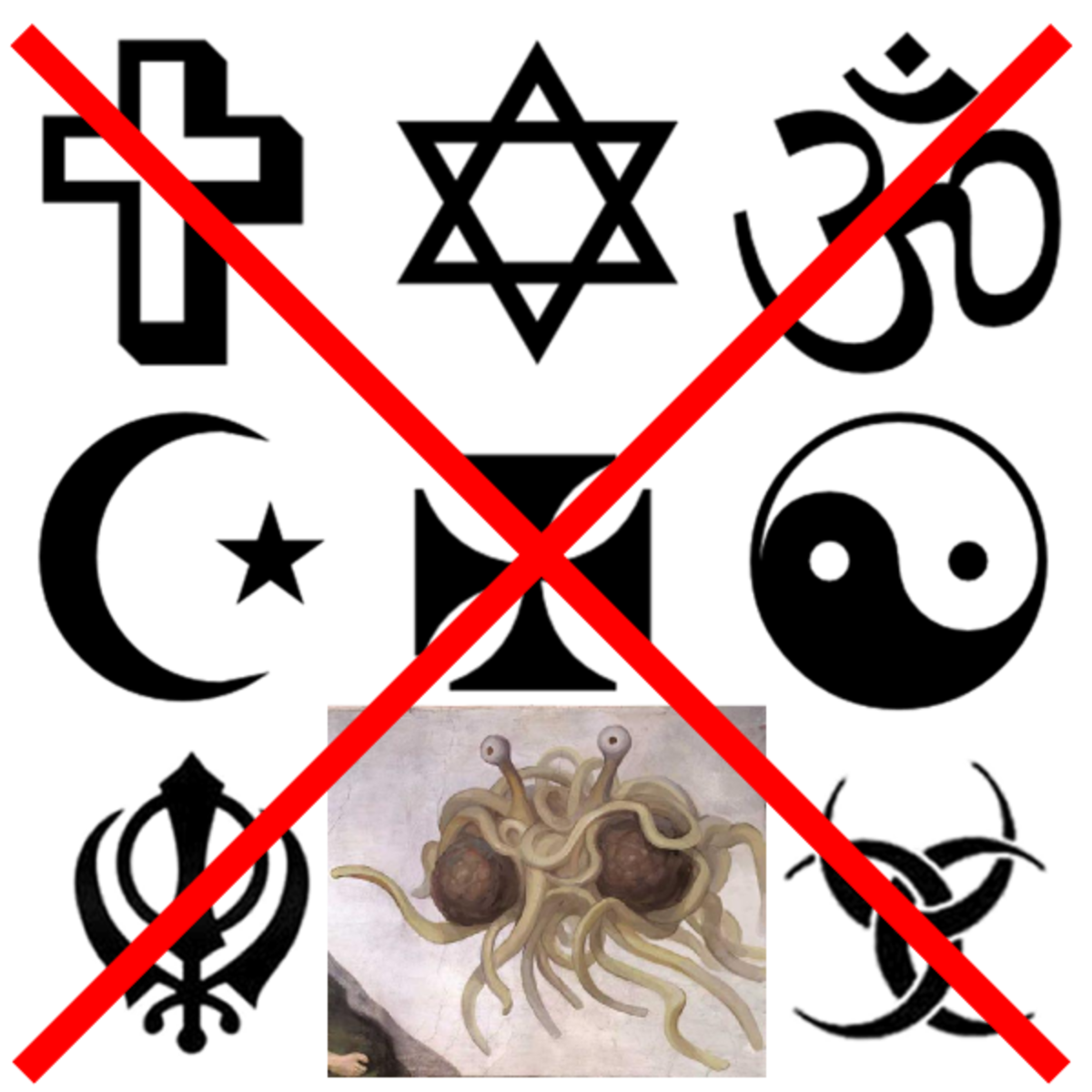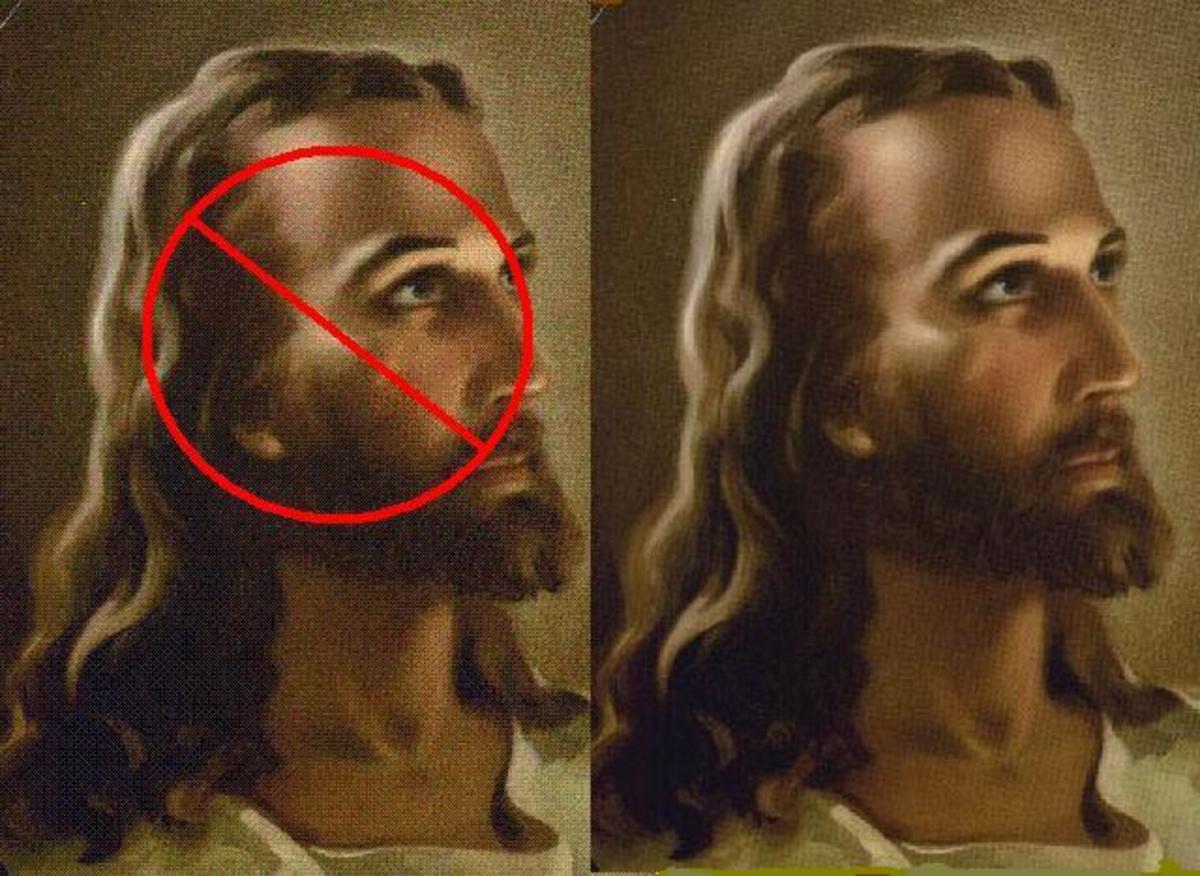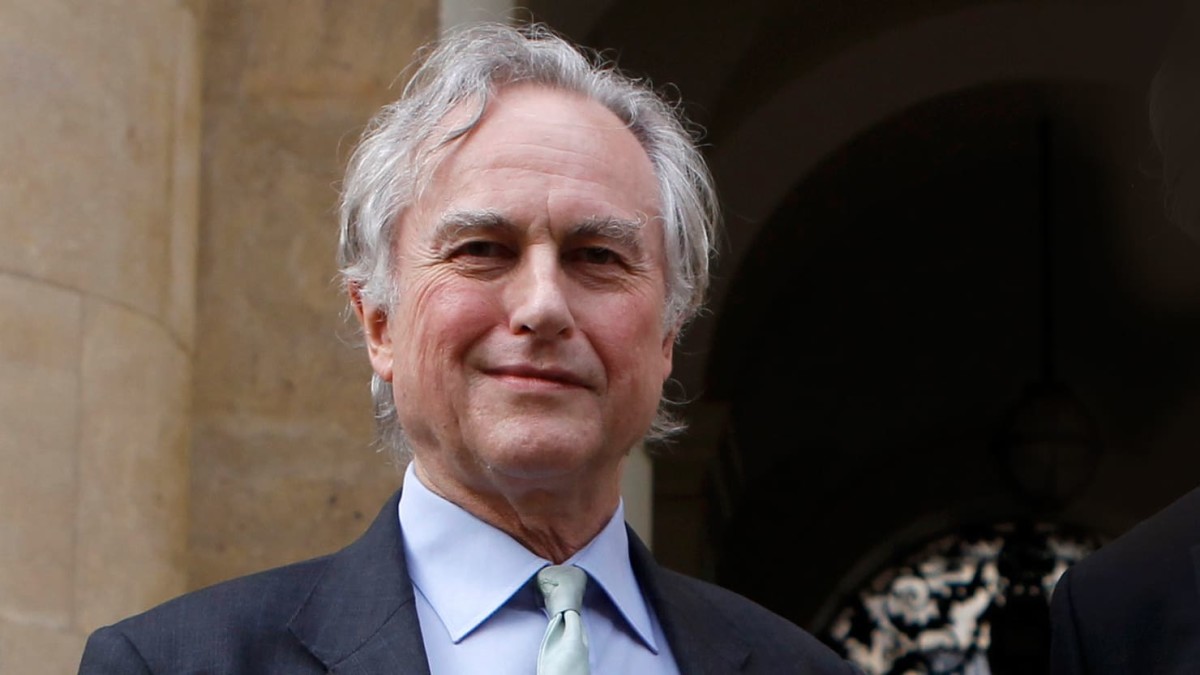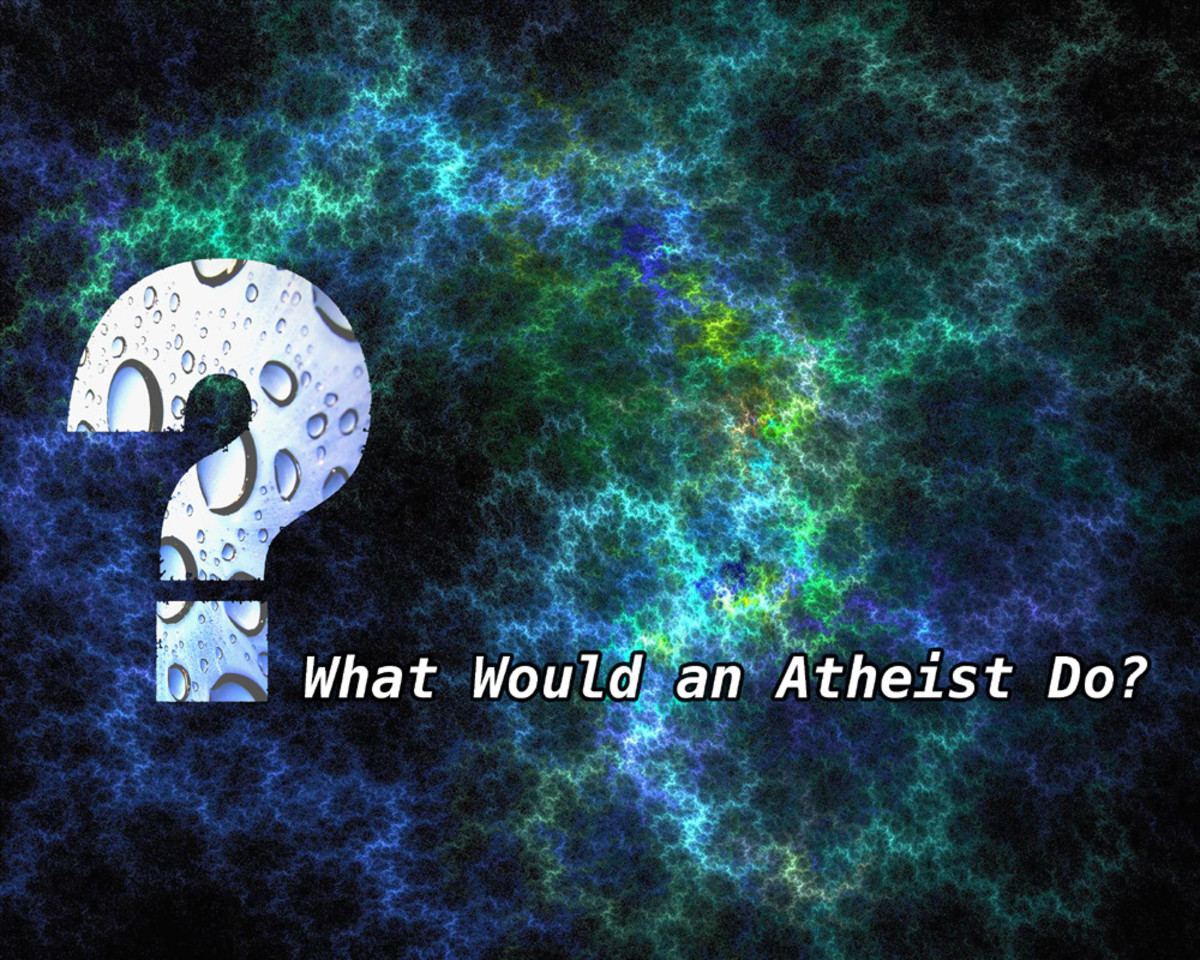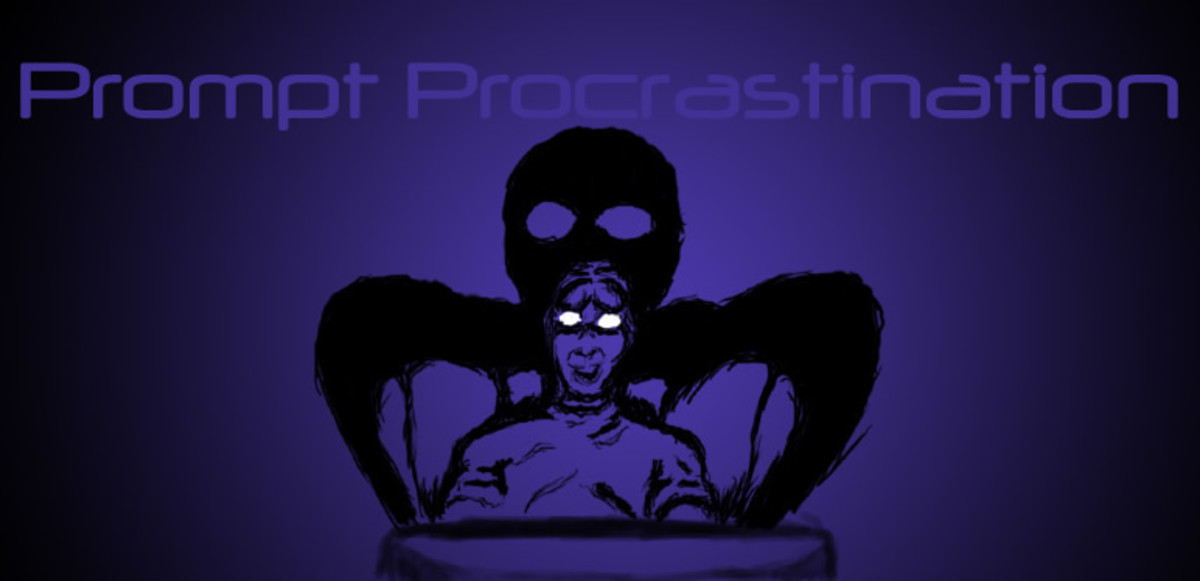My Life as an Atheist

While I was growing up, religion was not a common topic among my family. We celebrated Christmas, Easter and every other major holiday, but they were separate from any religious associations. In fact, for a long while, I just assumed my family was Christian because that’s what everyone else in my school was. But, at the same time, I was confused because my family didn’t go to church or have any religious symbols in our house. As I grew older, religion was only mentioned in the context of crazy people. As in, "be careful what you say around so-and-so, they’re a Jesus nut".
But I didn’t formulate my beliefs based on my parents’ lack of religion. It actually started via those loveable holiday characters. In my young mind, there were tiers of believability for the holidays. The tooth fairy was the easiest to debunk, largely because she frequently forgot to come the same night I lost my tooth. It could be days, or even weeks, before she finally remembered to jam quarters in that old film container under my pillow. But, despite my realization about the tooth fairy’s non-existence, I felt that the ‘bigger’ holiday characters were still real.
The Easter bunny was the next one to fall, probably because the holiday wasn’t as well advertised as Christmas. Santa was still 'too big to fail' and I was confident he existed, even though the others clearly didn’t. I’m not sure why I thought of these characters in this manner. One would think that when one is disproved, they would all be disproved, but that wasn’t the case with me. And it was this system of gradual realization that led to my first atheist thought. All these magical beings didn’t exist, despite how widespread they were and despite how many people believed in them, so did that mean that God also didn’t exist? He’s above Santa on the believability scale, but clearly that scale was flawed. And, since my parents put no emphasis on religion, I just went ahead and formed the conclusion that God, too, was fictitious.
I didn’t think that this realization was radical in any way, nor did I picture it becoming a problem until one of my more religious friends told me, rather bluntly, that I was going to hell because I didn’t attend church. While I was rarely confronted in such a way, it was clear to me that everyone around me, in this small conservative town, was religious. My way of thinking was not only rare, but frowned upon. It then became my mission, as a teenager, to rebel against my hometown’s religiousness by openly denouncing Christianity every chance I got.
I was, and still am, a very reserved person, so I didn’t exactly rattle cages, but there were a number of people who weren’t happy with my views. My opinion was created based on that tier of fictional characters. But, it was also reinforced by a desire to rebel and a love of astronomy, which provided plenty of evidence for fantastic things, none of which were God. However, as I went to college, I decided to soften my approach to the whole thing and started telling people I was an agnostic. If evidence of god were to present itself, then I’d be willing to believe. This belief system was surprisingly more acceptable because it didn’t dismiss the idea of god, but instead took the position of a passive observer.

It wasn’t until later in college, when I began to study puritan literature, that I once again found myself faced with atheism. So much of the documentation of early America is filled with religious stories that are used to not only educate people, but terrify them into obeying the law. Religion was used as a tool, with a story that was changed and adapted to any given situation. Therefore, the Christianity of today is significantly different than Christianity one, two or three centuries ago. How can God be both wrathful and merciful? How can he be the hero and the villain? How can he be all powerful and yet all absent?
When I described this, and my own personal beliefs, to my girlfriend (now my wife) she pointed out how much more of an atheist I was than an agnostic. It was then that I realized there was sufficient evidence, for me, that God did not exist. It was no longer based on a teenager’s desire to rebel or scientific evidence that I couldn’t possibly comprehend. But rather, it was based on an understanding of human beings. Our flawed memories and tendencies towards embellishment. Our inadequate recording system over the ages, and our lust for stories of intrigue and interest. It was as if a light bulb had turned on in my head, finally uniting all of my previous conclusions and I realized that I truly was an atheist.
But, I want to be clear that this was not a choice. I didn’t decide to be an atheist. If I had a chance to go to heaven, and live in bliss with loved ones, I would probably take it. A godless existence is full of wonders, but it does limit your time to enjoy them. But becoming an atheist is the same as becoming a Christian; it’s an understanding that’s ingrained in your being that you can no sooner change than you can change how tall you are or what color eyes you have. Sure you can cover it up and lie to everyone around you, but that doesn’t change who you are on the inside.
And this is where I am struggling as an adult. To me, being an atheist is just part of who I am, and yet I’ve been confronted by situations where I must justify this. It’s almost like I have to justify why I have brown hair. Telling people I was born this way isn’t an acceptable answer and I find myself being drawn into got-ya style situations where the purpose is to trip me up and, in some way, get me to admit there is a god. But there is more to it than this.
There is an episode of 30 Days where an atheist lives with a Christian family for a month to help the two parties better understand each other. One of the statistics presented at the beginning of the episode was that atheists were the least trusted group of Americans, below every other religion and minority. Not only did I suddenly realize that I was part of a minority, but I also realized that people would inherently not trust me if I told them I was an atheist. This was completely baffling to me since I had spent my entire life trying to do things right and generally be a good person. The idea that a religious association could make someone more or less trustworthy, regardless of their actions, was kind of infuriating.
I also discovered that a lot of religious people are very confused about where an atheist’s sense of morals comes from. The only thing I can think of in response is, where don’t morals come from? I was raised just like most middle-class American children. I got punished when I did something wrong. I was educated about the dangers of violence and drug abuse. I saw the effects of law breaking and lives lived in poor health. I was bombarded constantly with one moral after another, it’s impossible to think that none of them stuck just because I was an atheist. Though I suppose one might then ask, as an adult, if I believe there is no divine purpose to life, why not break the law? The obvious answer to that is that I don’t want to die, nor do I want to waste my life in jail. I want what everyone else wants; love, happiness and a sense of stability in my life. Therefore, I’m going to pursue the same avenues of success as anyone else. As someone who believes there is no afterlife, it makes this life that much more important to live right.
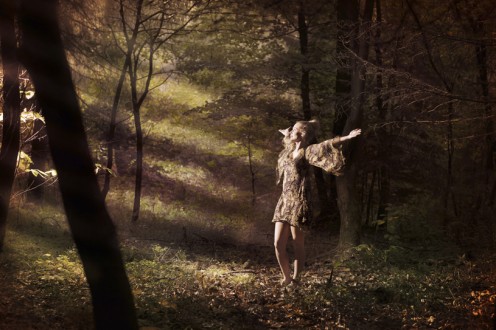
The resistance to my beliefs, in my adult life, has encouraged me to not mention my atheism at all. I wrote an article not too long ago about literature, atheism and god. In it, I talked about wanting to donate to a religious organization that is helping the community, but being worried about how they might react if they were to learn my true beliefs. There aren’t any atheist organizations around my area doing the same thing, and atheist 'religions', like humanism, are still very new and unrepresented. So where can I go to speak with like minded people?
I haven’t actually found an answer to that, though I do find myself hanging out on the atheism and agnosticism Q&A forums here on HubPages. I find that I enjoy discussing it and answering questions about my beliefs. Mine are not the same as all other atheists, but I feel like I should take pride in them. We are encouraged to love who we are, but it is hard to do that when part of who you are is looked down on, by your peers, or viewed as a personal attack just by mentioning it. If I tell you I’m an atheist, it doesn’t mean I think you’re stupid for believing in God. I’ve long since come to understand that these things are just part of us and can’t be changed, so we should spend less time arguing about it and more time accepting everyone else’s viewpoints. But the reason that I wrote this hub is just to get all of this off my chest. I wish to discuss atheism openly, because the first step towards co-existence is understanding.



